US invaded Afghanistan largely to restore heroin industry: Scholar
The United States invaded Afghanistan largely to restore the heroin industry and it is now making about $1.5 trillion every year from this business, according to Dr. Kevin Barrett, an American academic and political analyst.
US Army General John Nicholson, the commander of Resolute Support forces and US forces in Afghanistan, on Monday announced that American jets targeted drug producing facilities in Afghanistan for the first time under a new strategy aimed at cutting off Taliban funding.
He said that the air strikes were carried out on Sunday in the southern Helmand province, adding that Taliban militants generate about $200 million per year from poppy cultivation and opium production.
The general said that the US military carried out the raids under a new war strategy for Afghanistan announced by President Donald Trump in August.

“This latest announcement by the US military that the new strategy involves bombing drug labs is quite humorous given that the US went into Afghanistan in reality largely to protect the heroin industry,” Dr. Barrett told Press TV on Monday.
“Just as the Vietnam war was heavily driven by the fact that at that time most of the world’s heroin was coming from the Golden Triangle, today the heroin epicenter has moved with the CIA’s areas of interest to Afghanistan,” he stated.
“The Taliban had shut down opium production in Afghanistan, and it was not tolerable to the Deep State which profits to the tune of $1.5 trillion per year from the heroin industry, which is then moved in a shell-game to various banks and corporations and leveraged into vastly more money than that,” he noted.
“So they invaded Afghanistan in large part to restore the opium industry. And indeed there was zero opium being produced before the US invasion,” the academic said.
“The first thing in the first year the US did was to release all the drug lords, set them up, and tell them to plant away. Within two years, Afghanistan was setting world records every single year in opium production as US troops guarded the poppy fields and supported the creation of a number of labs which were refining the opium into heroin, which was then transported to the West in Global Hawks – US military vehicles that can fly all way around the world without refueling,” he noted.

In August, Trump announced his controversial war strategy for Afghanistan. In a blatant U-turn from his campaign pledges to end the now 16-year occupation of Afghanistan, Trump said that his views had changed since entering the White House and that he would continue the military intervention “as long as we see determination and progress” in Afghanistan.
Trump authorized an increase of thousands of troops requested by General John William Nicholson, who has said he needs about 16,000 troops in Afghanistan, and NATO countries have also pledged to help make up the difference.
The United States -- under Republican George W. Bush’s presidency -- and its allies invaded Afghanistan on October 7, 2001 as part of Washington’s so-called war on terror. The offensive removed the Taliban regime from power, but after more than one and a half decades, the foreign troops are still deployed to the country.
After becoming president in 2008, President Barack Obama, a Democrat, vowed to end the Afghan war, but he failed to keep his promise.
Trump, who has spoken against the Afghan war, has dubbed the 2001 invasion and following occupation of Afghanistan as "Obama's war."
Hamas thanks Iran, Resistance Front following achievement of ceasefire in Gaza
'Capitulation': Israeli officials and media concede Gaza defeat as truce unfolds
'Gaza has won': Social media users react to ceasefire with mix of relief, joy
Iran seeks South Korea’s assistance for AI, fiber-optic projects
VIDEO | Iran's 'Eqtedar' (Power) maneuver
Israel hits HTS military target in Syria for 1st time since fall of Assad
VIDEO | Press TV's news headlines
Israel has slaughtered 13,000 students in Gaza, West Bank









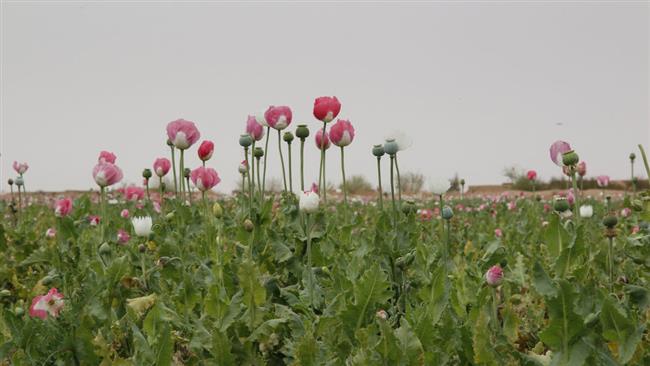
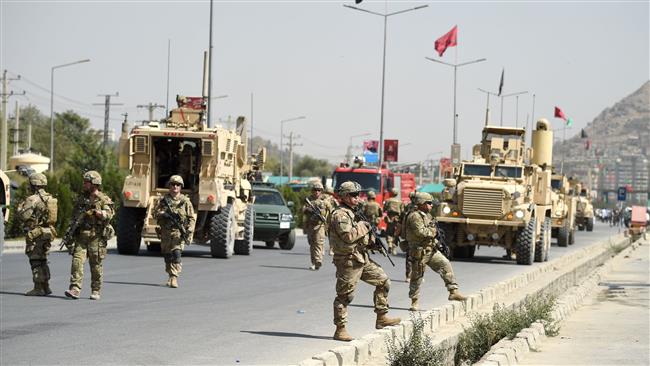
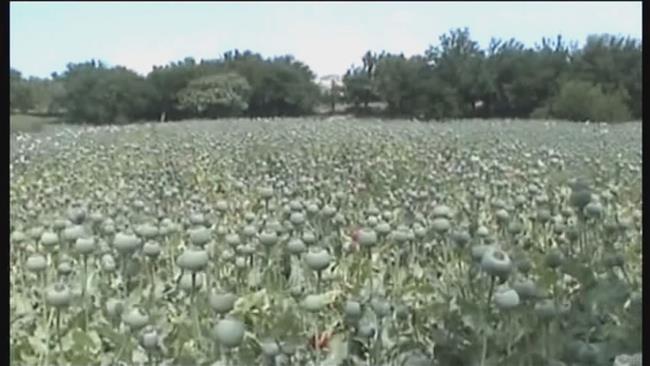
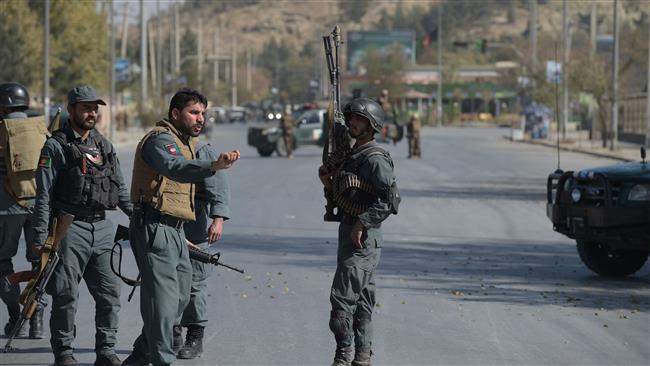
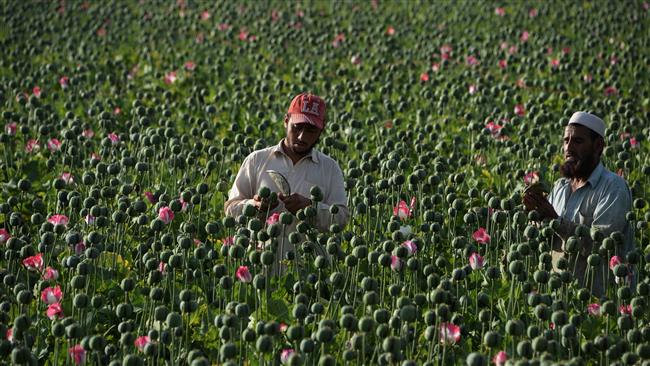
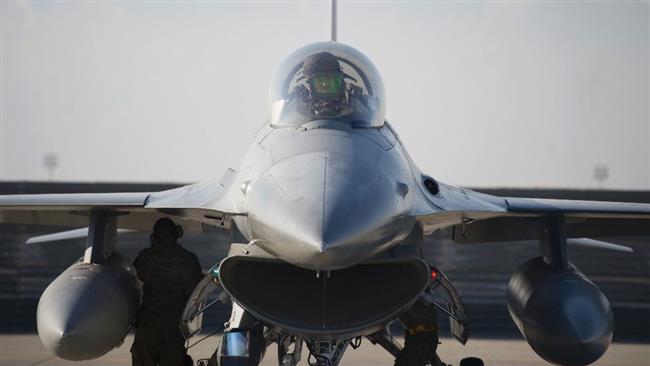
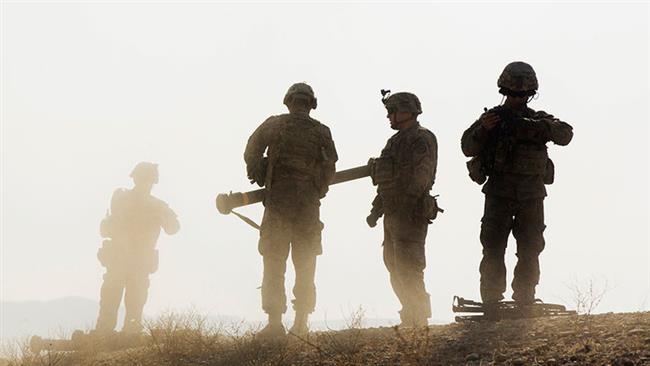

 This makes it easy to access the Press TV website
This makes it easy to access the Press TV website